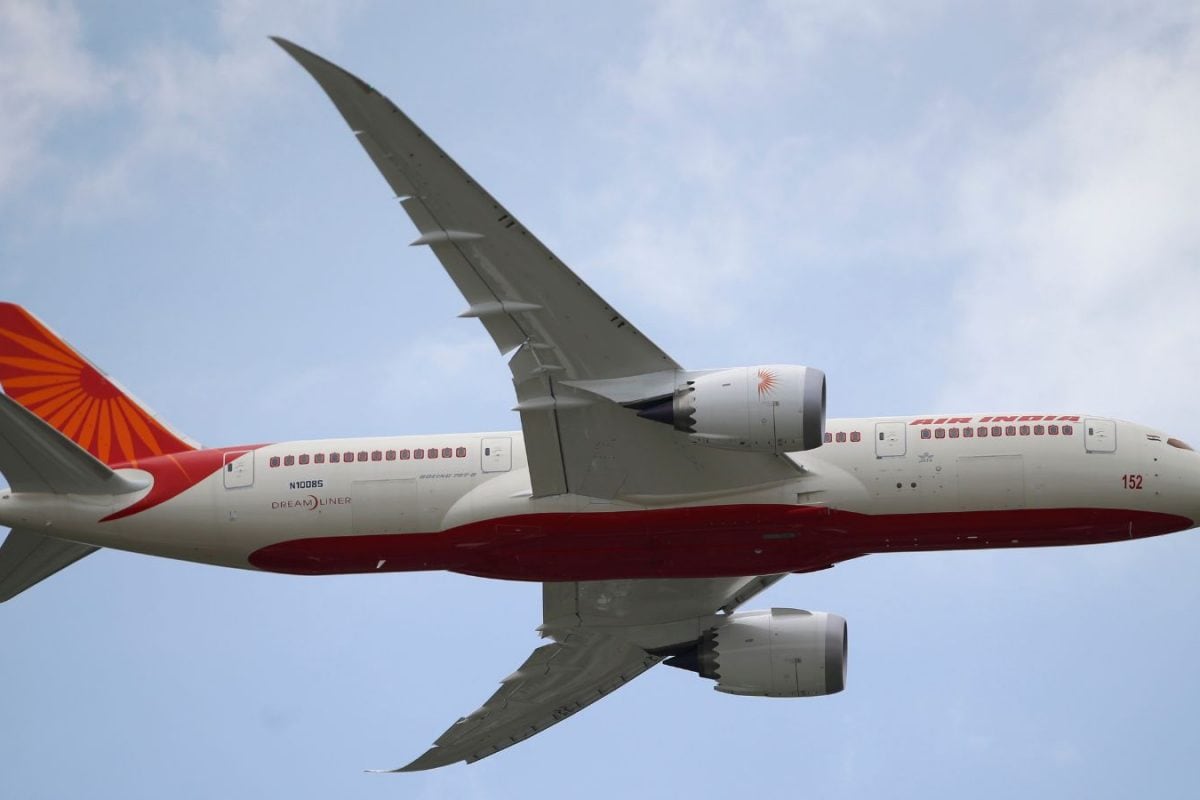

Air India is currently facing significant disruptions to its flight schedule, with a wave of cancellations affecting both international and domestic routes. These disruptions stem from a combination of technical snags, enhanced safety checks, and external factors, leaving many passengers stranded and frustrated.
The airline has announced it will cut 38 international flights per week and suspend services on three overseas routes between June 21 and July 15, 2025, in an effort to restore stability to its schedule. The routes affected include Delhi-Nairobi, Amritsar-London (Gatwick), and Goa (Mopa)-London (Gatwick), which will be suspended until July 15.
Routes experiencing reduced flight services encompass a wide array of destinations. In Europe, these include Delhi-London Heathrow, Bengaluru-London Heathrow, Amritsar-Birmingham, Delhi-Birmingham, Delhi-Paris, Delhi-Milan, Delhi-Copenhagen, Delhi-Vienna, and Delhi-Amsterdam. Services to Delhi-Melbourne, Delhi-Sydney, Delhi-Tokyo Haneda, and Delhi-Seoul (Incheon) have also been scaled back.
The catalyst for these disruptions appears to be multifaceted. Following the tragic plane crash in Ahmedabad on June 12, which involved a Boeing 787 aircraft and resulted in numerous fatalities, the Directorate General of Civil Aviation (DGCA) ordered enhanced surveillance of Air India's Boeing 787 fleet. These enhanced pre-flight safety checks, while crucial for ensuring passenger safety, have significantly increased turnaround times for aircraft, leading to a ripple effect of delays and cancellations.
Adding to the complexity, Air India CEO Campbell Wilson stated that the airline is continuing enhanced pre-flight safety checks on its Boeing 787 fleet and, as an added measure, its Boeing 777 aircraft for the time being.
Moreover, external factors such as airspace closures in Iran and the Middle East, as well as nighttime restrictions at some international airports, have further compounded the challenges faced by the airline. These external constraints have led to longer flight durations and increased operational complexities.
Passengers have reported being disembarked after boarding, and disruptions have been felt at major airports, including Indira Gandhi International (DEL), Dubai International (DXB), and London Heathrow (LHR).
Air India has acknowledged the inconvenience caused to passengers and stated that it is proactively contacting affected individuals to offer re-accommodation on alternative flights, complimentary rescheduling, or full refunds, depending on their preference. The airline has also expressed deep regret for the disruptions and is working to minimize further inconvenience.
The DGCA has taken note of the situation and has advised Air India to strengthen internal coordination across engineering, operations, and ground handling units, as well as ensure the availability of adequate spares to mitigate passenger delays. While the DGCA's recent surveillance of Air India's Boeing 787 fleet did not reveal any major safety concerns, the aviation regulator has emphasized the need for the airline to address maintenance-related issues and improve overall operational efficiency.
Air India is aiming to restore schedule stability and minimize last-minute inconvenience to passengers and the current reductions in flights are expected to last until at least mid-July.